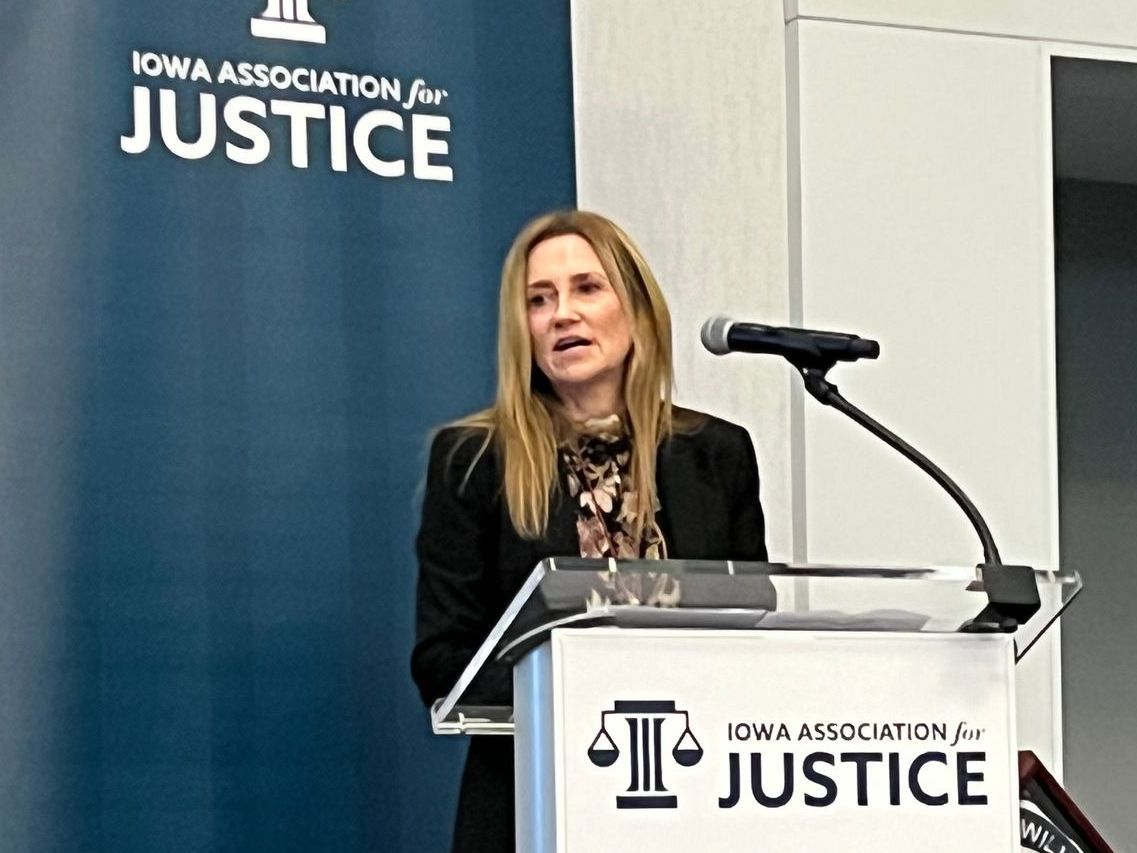
Q: What's the first thing I should do if I am injured?
A: The main thing to do is to write down details, including names, addresses, phone numbers and, in case of automobile accidents, insurance names and policy numbers from others involved, witnesses and police officers, including their report numbers. Keep records of where and how the accident happened, including the weather and time of day. Take pictures of the injuries, property damage, and several views where the accident happened. A crucial task will be to find a competent Personal Injury attorney.
Q: Do I have a winnable Personal Injury case?
A: Frankly, the best one to answer this question is a Personal Injury attorney. If you have suffered injuries due to another person’s actions or failure to act (such as not cleaning up a spill or not restraining an animal) you may have a Personal Injury case. If someone has attacked your reputation (verbally or in writing), and/or caused emotional distress, you may have a Personal Injury case. You must be able to prove your case, and a Personal Injury Attorney may be able to help you determine if your case is worth pursuing.
Q: How long do I have to file a lawsuit?
A: The statutes of limitations vary by state. These determine the amount of time allotted to file a Personal Injury lawsuit. The importance of contacting a competent Personal Injury attorney that has experience with your type of case as soon as possible after an injury or accident cannot be stressed enough. Missing the deadline my cause your claim to be dismissed.
Q: What should I bring when I meet my lawyer?
A: The more information you are able to give your Personal Injury attorney the better. Even if you do not have everything (such as medical bills), providing as much as possible will assist the Personal Injury lawyer to determine the validity of your claim in a courtroom and what additional information is needed. Anything you currently have that is relevant to your case, including police reports, photographs, newspaper articles regarding the incident, eyewitness information, details about the conditions surrounding the accident or injury, and any medical reports should be presented at your first meeting. If the other party’s insurance has contacted you, their contact information and any information they provided will assist your Personal Injury lawyer. Keep notes on everything-even small items may be important.
Q: What award may I receive from my Personal Injury lawsuit?
A: If the lawsuit is successful, a party or parties are liable for the damages from the injury and their liability insurance company must pay what the courts have determined. These items may include many variables related to the accident such as medical expenses, income lost, permanent physical disability or disfigurement, emotional damages (such as stress, embarrassment, depression and other conditions), damage to property, and possibly the loss of family, social and educational experiences and more. Damages, money intended to restore the victim to the position they were in before the injury, is not considered taxable income by the federal or state governments.
Q: What is "negligence?"
A: How an “ordinary reasonable person” should act in each situation in the case of a Personal Injury is the critical issue in Personal Injury cases. Negligent persons fail, for example, in driving safely, repairing property, restraining animals, or placing warnings. A jury often determines if “ordinary reasonable person" standards are met after presentation of evidence and argument at trial.
Q: Is there any other possibility for Personal Injury liability if negligence can not be proven?
A: Yes, there are cases where persons or companies may be "strictly liable" even if they have not acted with wrongful intent or acted negligently. In these cases, injuries may occur from accidents relating to defective or unpredictably dangerous products. Another instance is when the liable party participates in various actions, such as storing or using explosives and/or other dangerous substances, or by keeping dangerous animals. In these cases, responsible parties can be held strictly liable for harm caused to others due to such activities. Strict liability is imposed on those conducting such activities because the activities pose an undue risk of harm. This means that anyone responsible in conducting these activities does so at their own risk because they are liable if someone is harmed, making them accountable.
Q: How will the person who caused my injury be punished?
A: Defendants in civil actions, such as Personal Injury, are not fined nor do they receive jail terms as punishment in civil court. Those types of punishment are determined in criminal court. Punitive damages may be awarded by juries and courts that are designed to punish defendants who have intentionally harmed or behaved recklessly. Punitive damages are awarded to discourage such defendants from repeating their offenses in the future.
Q: What if death occurs before the Personal Injury lawsuit is completed?
A: In any case, if the person filing the Personal Injury lawsuit dies, the case may continue. Their Personal Injury attorney will assist in making the appropriate changes to complete the suit, as often it is the heirs or executor of the deceased’s estate that receive the amount awarded through a wrongful death action.
New Point Law Firm, plc, is an Iowa general practice law firm with attorneys practicing in the areas including but not limited to:
Administrative Law
Adoption Law
Agricultural Law
Alternative Dispute Resolution
Banking Law
Business Acquisition
Business Franchising
Business Law
Business Mergers
Business Organization
Business Planning
Civil Litigation
Civil Practice
Car Accidents
Commercial Law
Commercial Litigation
Commercial Real Estate
Constitutional Law
Construction and Development
Contracts
Corporate Law
Criminal Defense
Divorce
Elder Law
Employment Law
Employee Benefits
Estate Administration
Estate planning
Family Law
General Practice
Government
Government Contracts
Juvenile Court
Landlord/Tenant
Legal Malpractice
Litigation
Medical Malpractice
Municipal Law
OWI & DUI
Personal Injury
Probate
Product Liability
Professional Liability
Professional Malpractice
Real Estate
Tax Preparation
Taxation Law
Trial Law
Trusts
Venture Capital & Securities
Wills, Trusts, Estate Planning & Probate Law
Worker's Compensation
Wills
Zoning, Planning & Land Use






